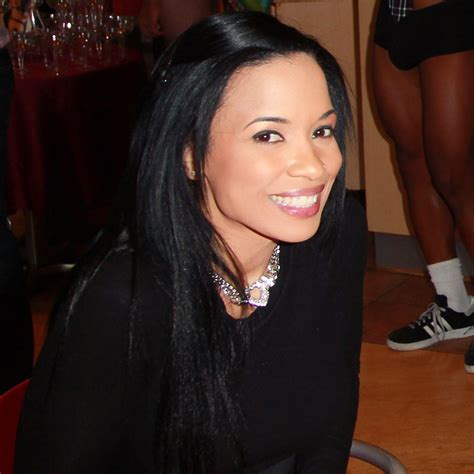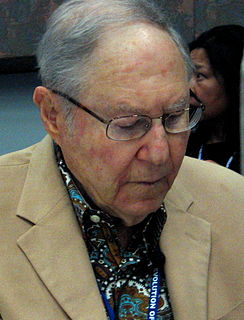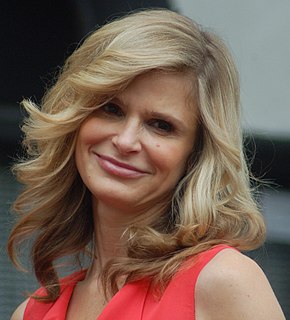A Quote by Karrine Steffans
People don't change at their core. If you're a good person, you are a good person. What changes is our behavior.
Quote Topics
Related Quotes
A person is either himself or not himself; is either rooted in his existence or is a fabrication; has either found his humanhood or is still playing with masks and roles and status symbols. And nobody is more aware of this difference (although unconsciously) than a child. Only an authentic person can evoke a good response in the core of the other person; only person is resonant to person.
Global climate change is real and we have a limited time to change our behavior or live with the consequences. We can all help by making small changes in our lives to letting our voice be heard by our governing bodies. As has always been the case in this country, if the people demand change, it will come.
It is always useful to think badly about people one has exploited or plans to exploit... No one likes to think of him or herself as a bad person. To treat badly another person whom we consider a reasonable human being creates a tension between act and attitude that demands resolution. We cannot erase what we have done, and to alter our future behavior may not be in our interest. To change our attitude is easier.
Despite current ads and slogans, the world doesn't change one person at a time. It changes when networks of relationships form among people who share a common cause and vision of what's possible. This is good news for those of us intent on creating a positive future. Rather than worry about critical mass, our work is to foster critical connections. We don't need to convince large numbers of people to change; instead, we need to connect with kindred spirits. Through these relationships, we will develop the new knowledge, practices, courage and commitment that lead to broad-based change.



































